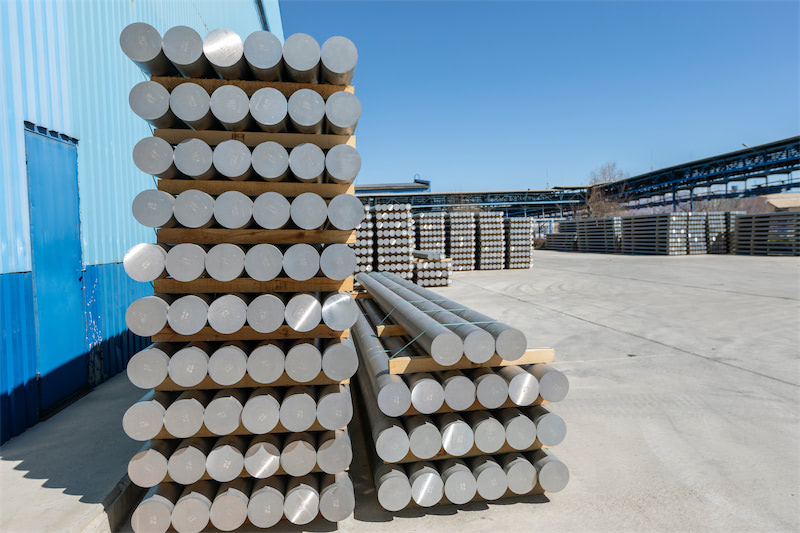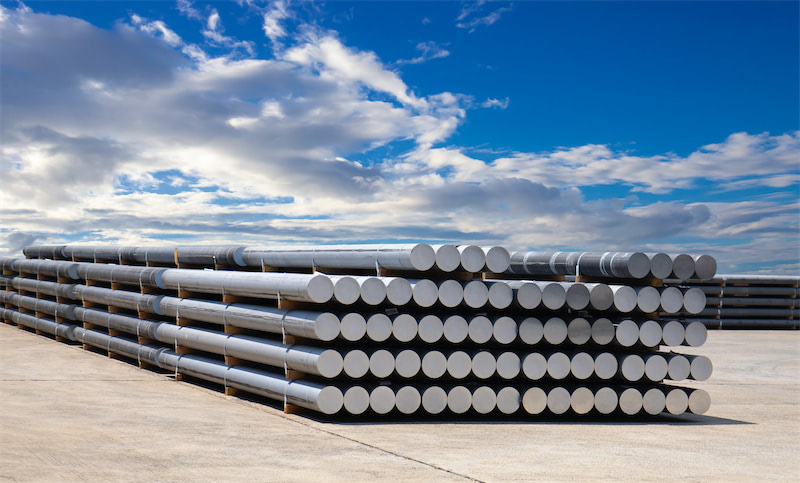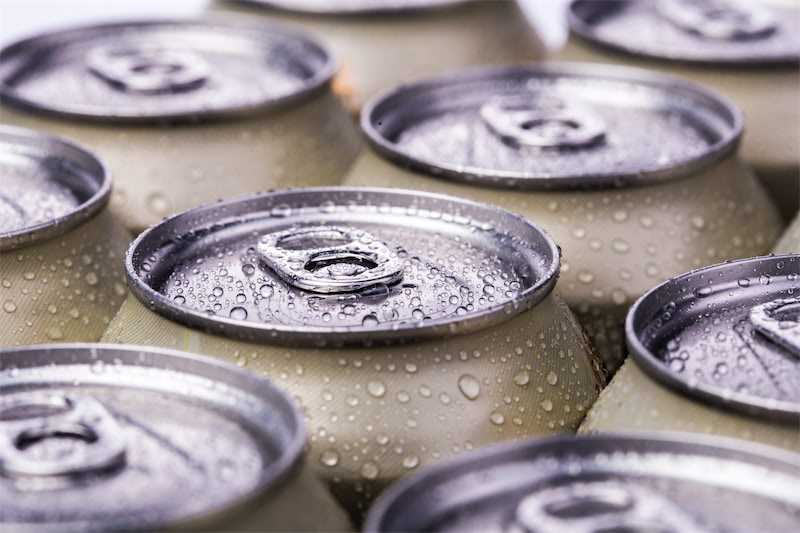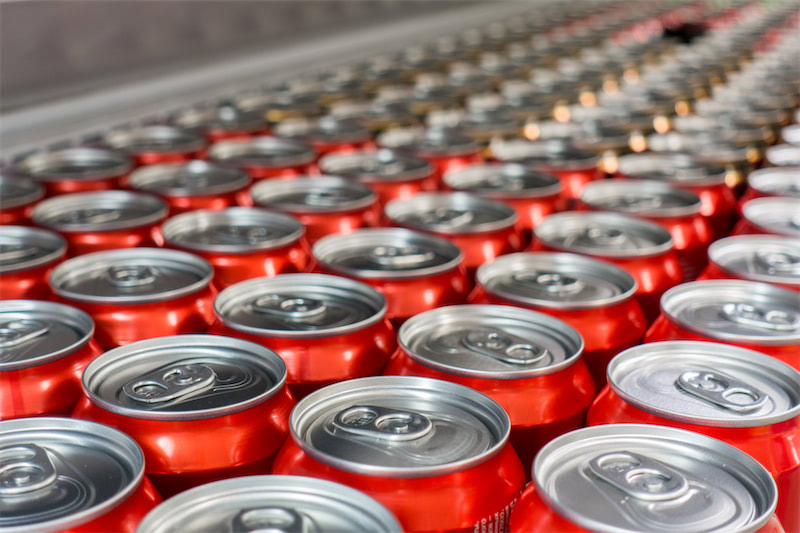Saudi Arabia’s mining sector is on the cusp of a transformative era, with the Kingdom determined to become a global leader in the industry. Saudi Arabia is rich in minerals essential for various global industries. The Kingdom is transitioning into a leading exporter of diverse energy types, moving away from its traditional role as an oil producer.
It has a strong potential to produce minerals crucial for the energy transition, such as aluminium, copper, and rare earth elements, as well as minerals needed for global agriculture. The strategic focus on economic diversification has placed the mining sector at the forefront of national development plans, with the Kingdom’s mineral wealth valued at an estimated $2.4 trillion (SR9.4 trillion).
According to the World Risk Report 2023, released by the UK-based research and consultancy firm MineHutte, Saudi Arabia's mining sector reforms have made it the fastest-growing regulatory and investment-friendly environment globally over the past five years.
The World Risk Report 2023, built on the World Risk Index Data, the 2023 report ranks 193 countries on their risk of experiencing disaster or vulnerability to extreme natural events such as earthquakes, tsunamis, floods, and drought.
The report also states that the Kingdom has been ranked as the second-best country for its licensing environment. This recognition comes as Saudi Arabia has seen a 138 per cent increase in the number of exploitation licenses issued since the implementation of the new Mining Investment Law in 2021.
Gaute Andreassen, a partner at Bain and Co.’s Advanced Manufacturing and Services and Energy and Natural Resources practices, said to an English-language daily newspaper published in Saudi Arabia, “The mining sector in Saudi Arabia has for many years been primarily focused on phosphate for fertilizers and bauxite, used in the production of aluminium. These two will also in the future represent a key portion of the sector activities.”
“Going forward, there is evidence of additional endowment, e.g. of rare earth elements and also of copper that can be extracted. The question is whether these resources are commercially viable", he said.
Rabih Nassar, consulting partner for Resources and Industrial at PwC Middle East, stated, “At the FMF (Future Minerals Forum) 2024, it was highlighted that Saudi Arabia is rich in minerals like phosphates, gold, copper, zinc, lithium, and rare earth elements. Each of these minerals serves distinct global markets and industries."



